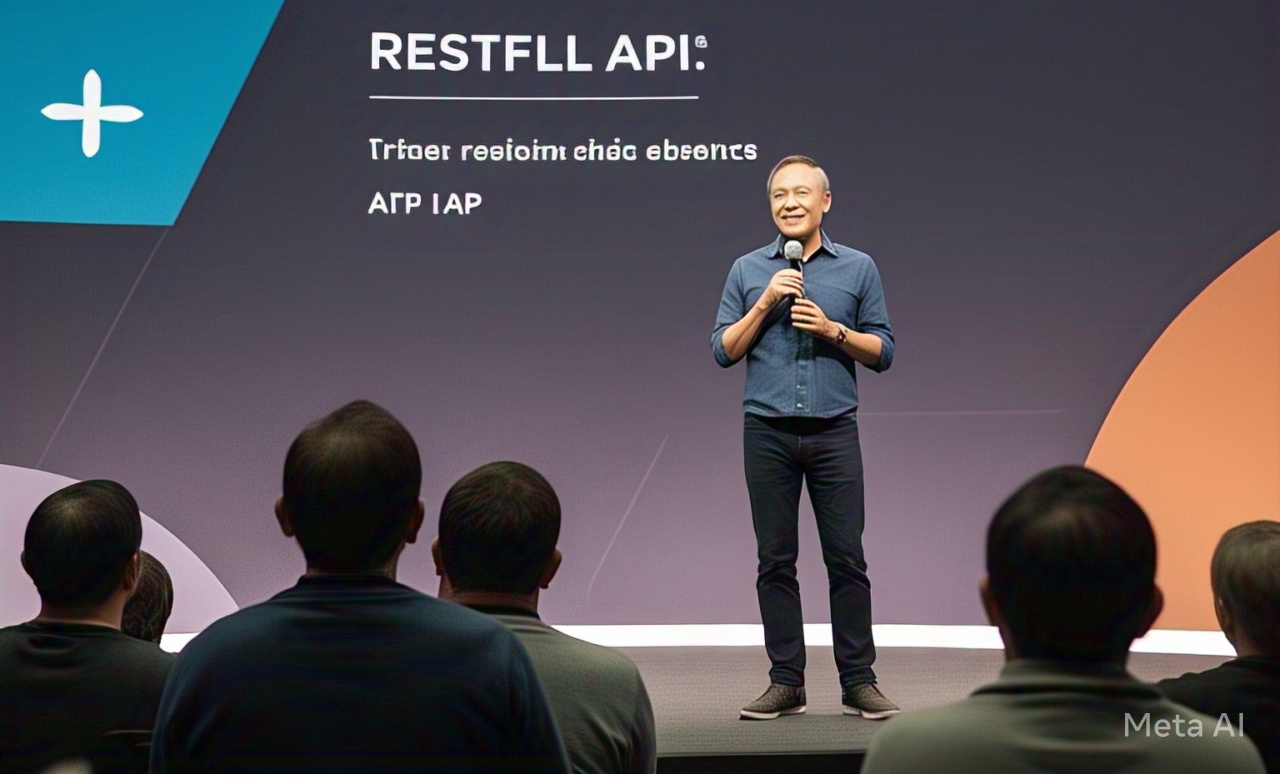
Today, I’m starting a series of posts about relevant topics discussed during the sessions of “The Out of the Box Developer” podcast that I’m part of it along with a great team of worldwide experts, and I host it from times to times.
In January 2025, I had the pleasure of interview the Java Champion, Red Hat Advocate, Mentor and Writer Elder Moraes that brought us valuable insights about how to grow your career and stand out from the crowd, and even become a Java Champion. During this interview, I’ve also added my contribution to the discussed subject that we are going to cover in these series, so let’s get started!
During our episode of The Out of the Box Developer podcast, Java Champion Elder Moraes and I discussed a fantastic way for developers to level up their skills and give back to the community: contributing to Open Source projects. For many, the world of Open Source can seem intimidating, but it’s more accessible than you might think.
Elder shared some encouraging words with us about getting involved. He said, “Open Source is not just for experts. Every developer, regardless of their experience level, can find a way to contribute and make a difference. It’s about finding a project you care about and starting small.”
I believe that contributing to Open Source is one of the best ways to learn and grow as a developer. As I mentioned to Elder on the podcast, “Open Source is like a giant, collaborative learning environment. You get to work with experienced developers, see how real-world projects are built, and contribute to something meaningful.”
Here are some key steps we discussed to help you get started with Open Source contribution:
- Find a Project You’re Interested In: Choose a project that aligns with your interests and skills. It could be a tool you use regularly, a library in your favorite language, or anything that sparks your curiosity.
- Start Small and Explore: Don’t feel like you need to make huge changes right away. Begin by exploring the project’s codebase, documentation, and community forums.
- Look for “Good First Issues”: Many Open Source projects label beginner-friendly issues as “good first issues” or “easy fixes.” These are great starting points for new contributors.
- Read the Contribution Guidelines: Most projects have guidelines for contributing. Read them carefully to understand the project’s workflow and expectations.
- Don’t Be Afraid to Ask Questions: The Open Source community is generally welcoming and helpful. Don’t hesitate to ask questions if you’re unsure about something.
- Start with Documentation or Tests: Contributing documentation or writing tests are excellent ways to get involved and understand the project without needing to write complex code immediately.
- Be Patient and Persistent: Contributing to Open Source is a learning process. Be patient with yourself, keep learning, and don’t get discouraged by initial challenges.
Elder encouraged us, “the most important thing is to just start. Find a project, pick a small task, and make your first contribution. Once you get started, you’ll realize it’s not as daunting as it seems, and it can be incredibly rewarding.” By taking these steps and embracing the Open Source spirit, you can begin your journey as a contributor and unlock a world of learning and collaboration.
I’ve also asked Elder about the importance of contributing to Open Source for Red Hat when they are searching for engineers for their projects, and the answer was exactly what I was expecting: They will prioritize someone that is already a committer of their projects because they already know how this person works, they can see the code, at least technically. So here you have one more reason to start contributing.
If you didn’t watched the whole interview, you can to it clicking here.
In the next post, I will bring about how to Overcome the Fear of Mistakes in your career and the hints that Elder brought to us on this subject.
See you in the next post!

